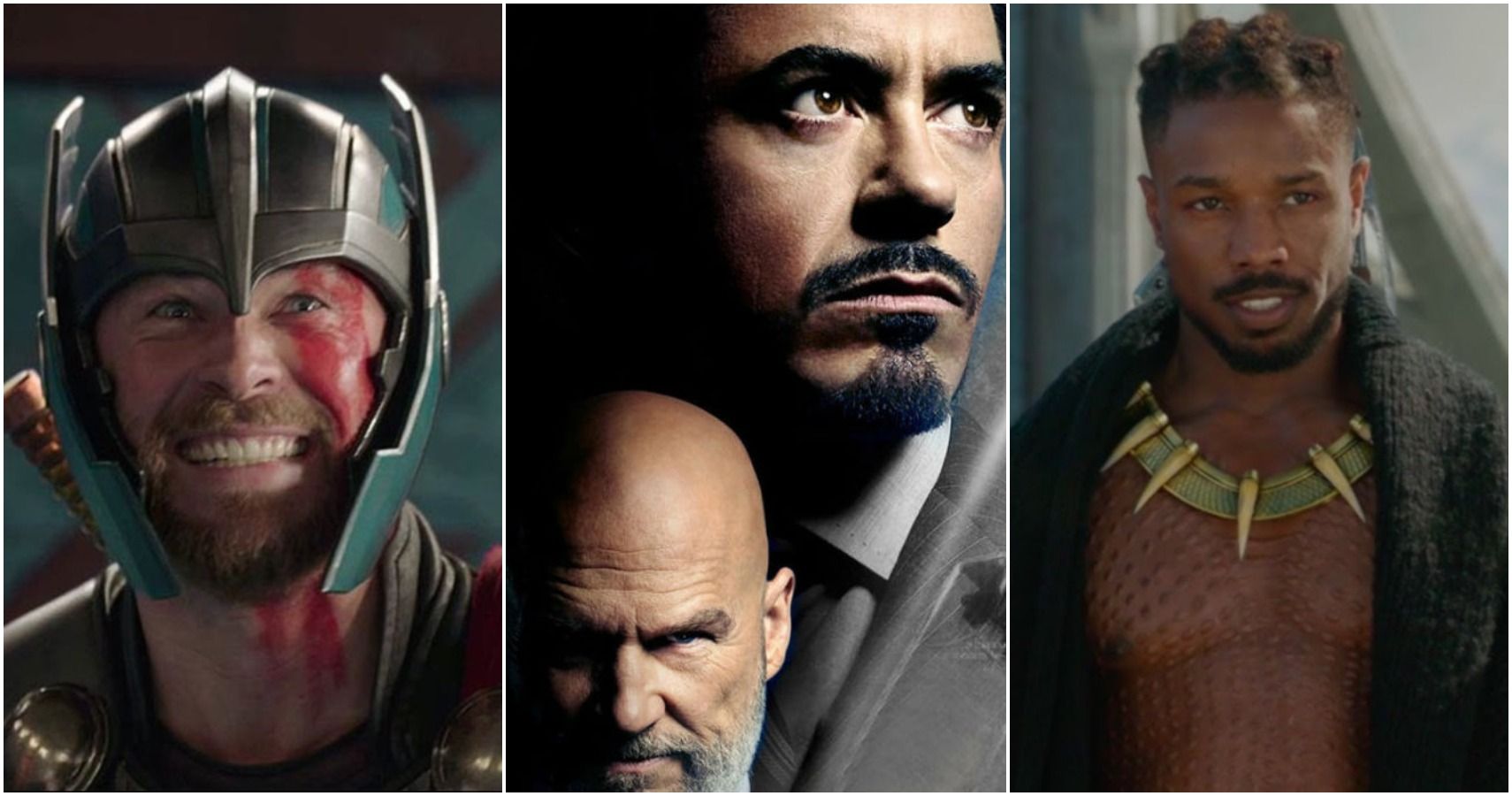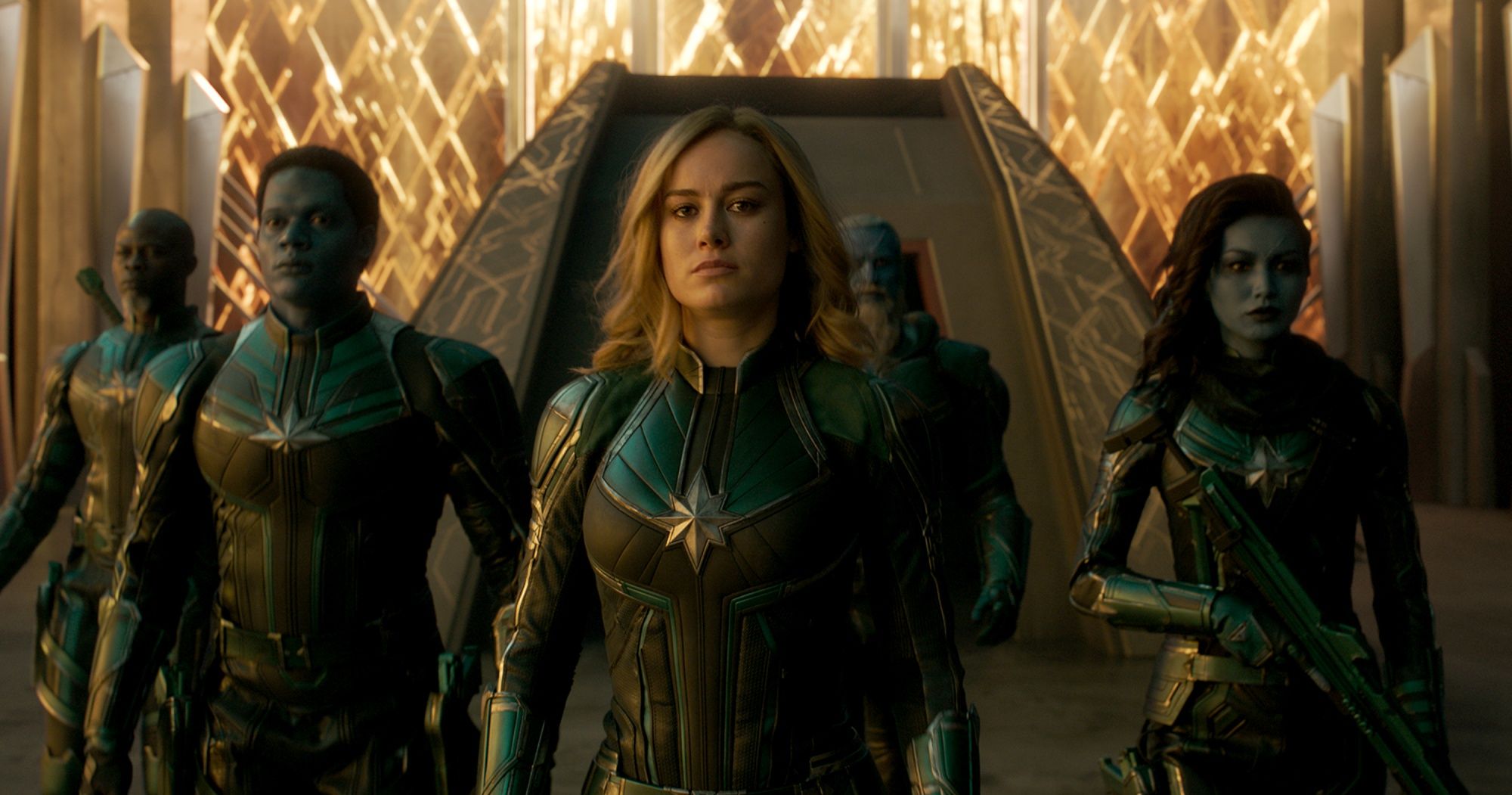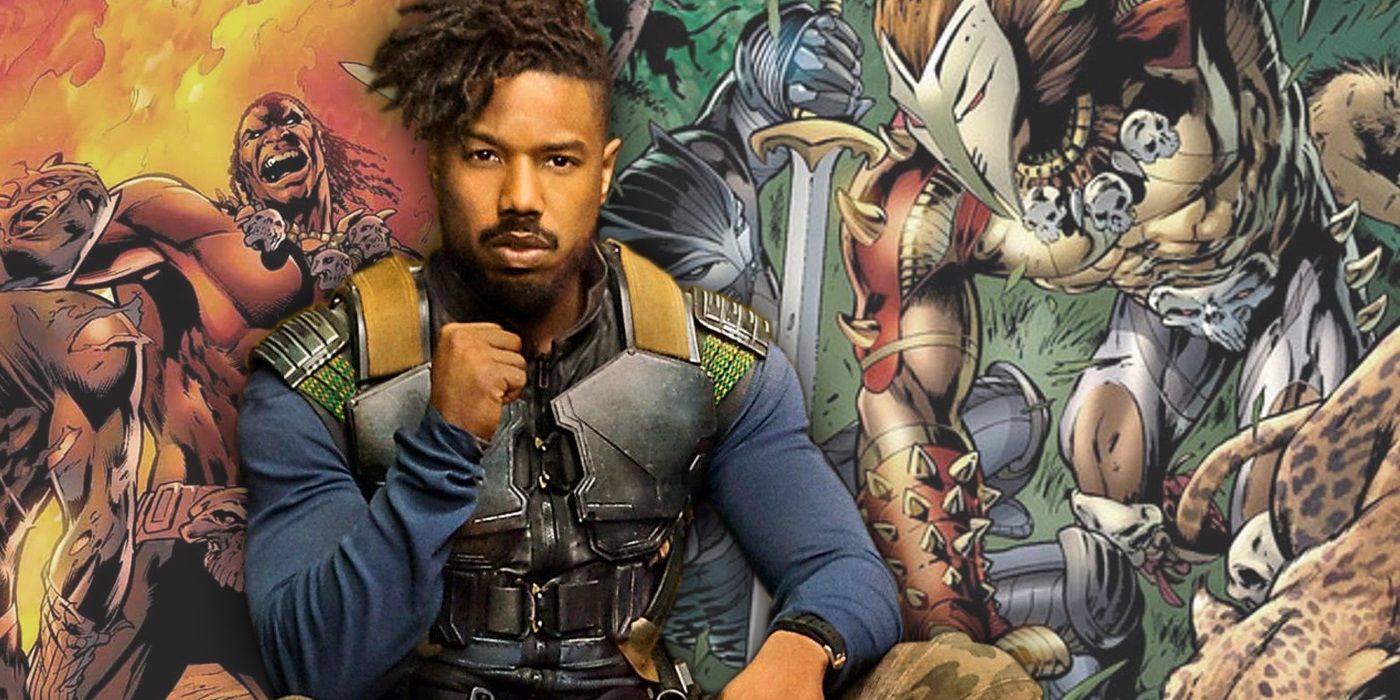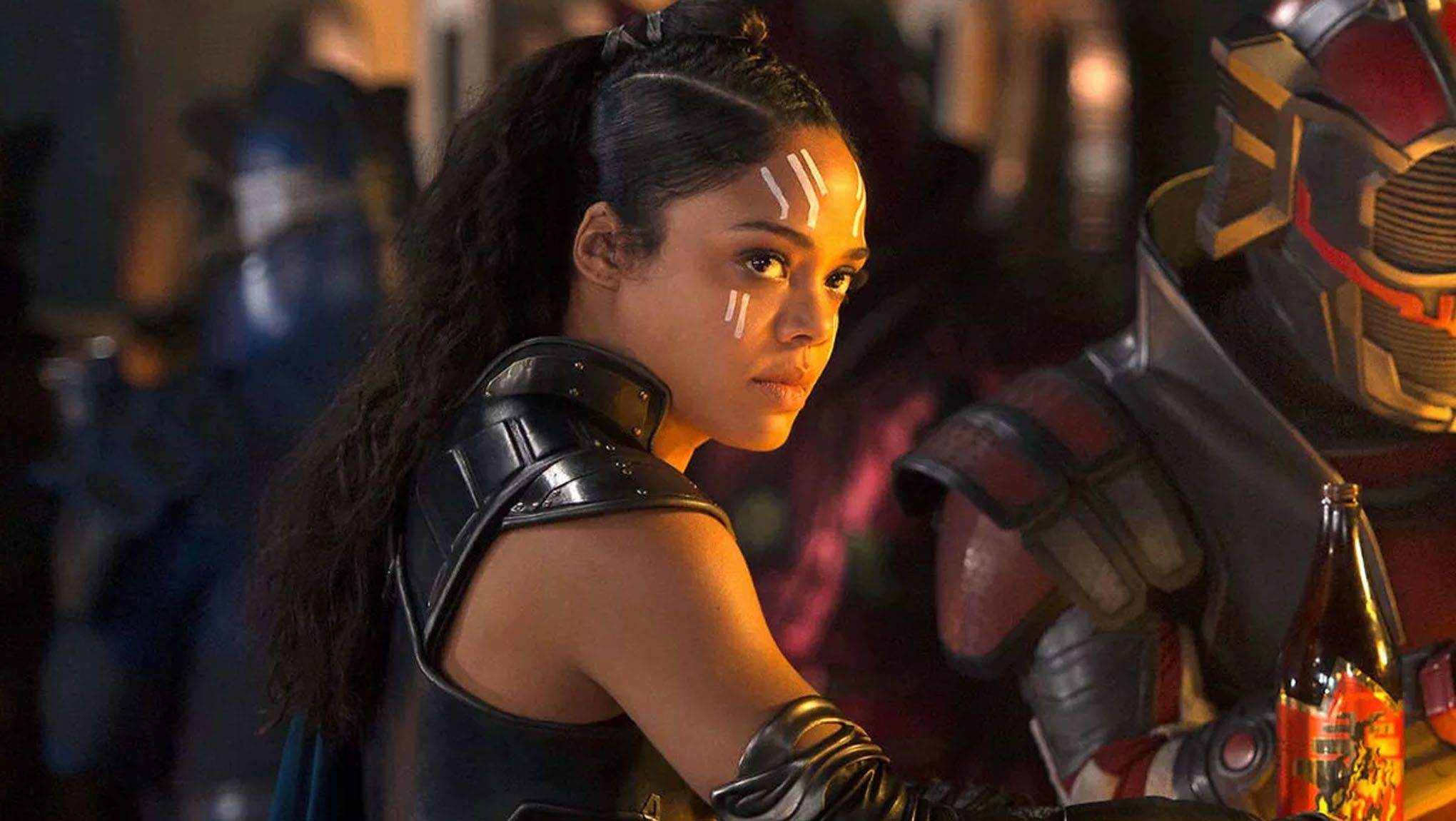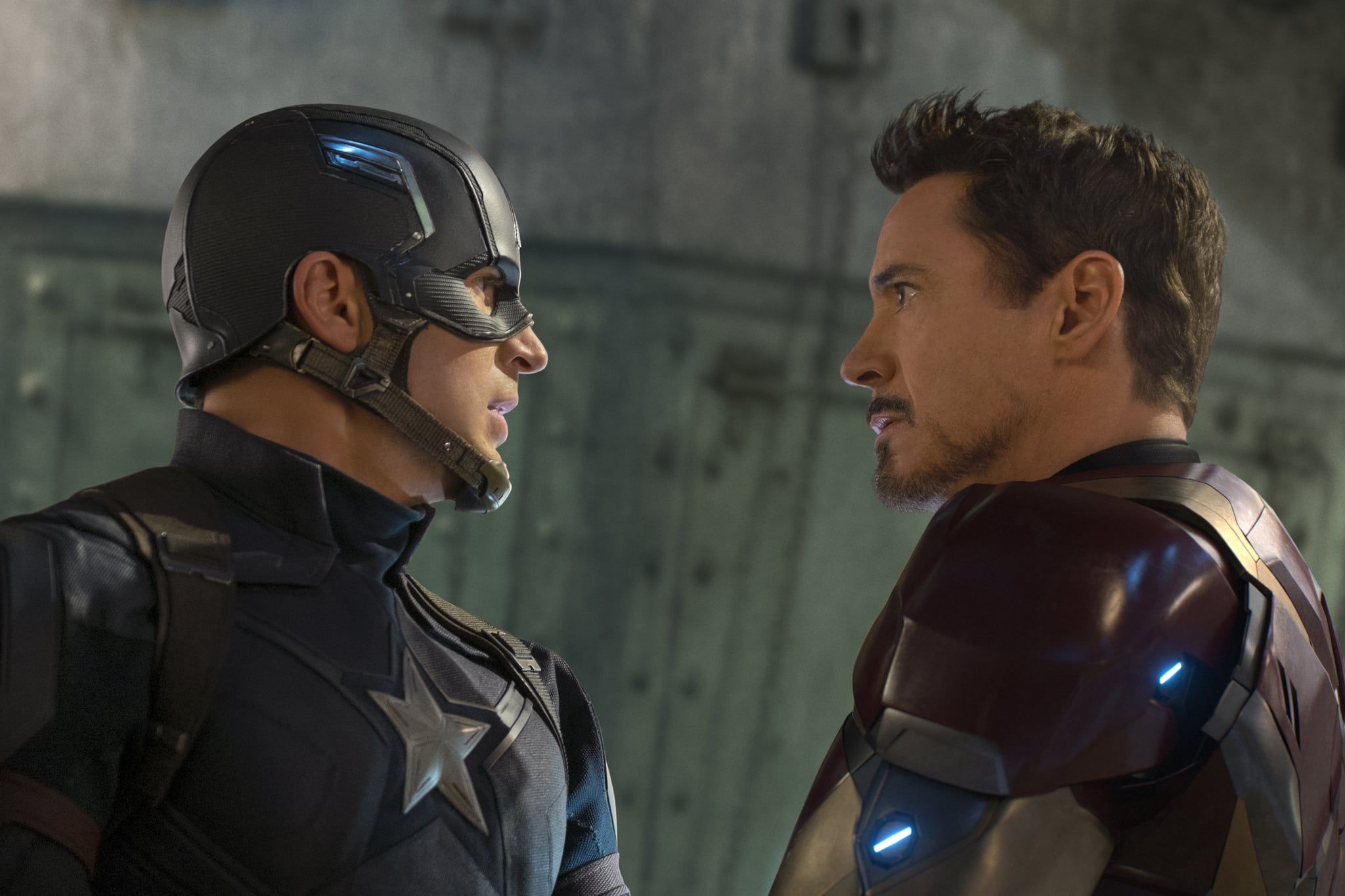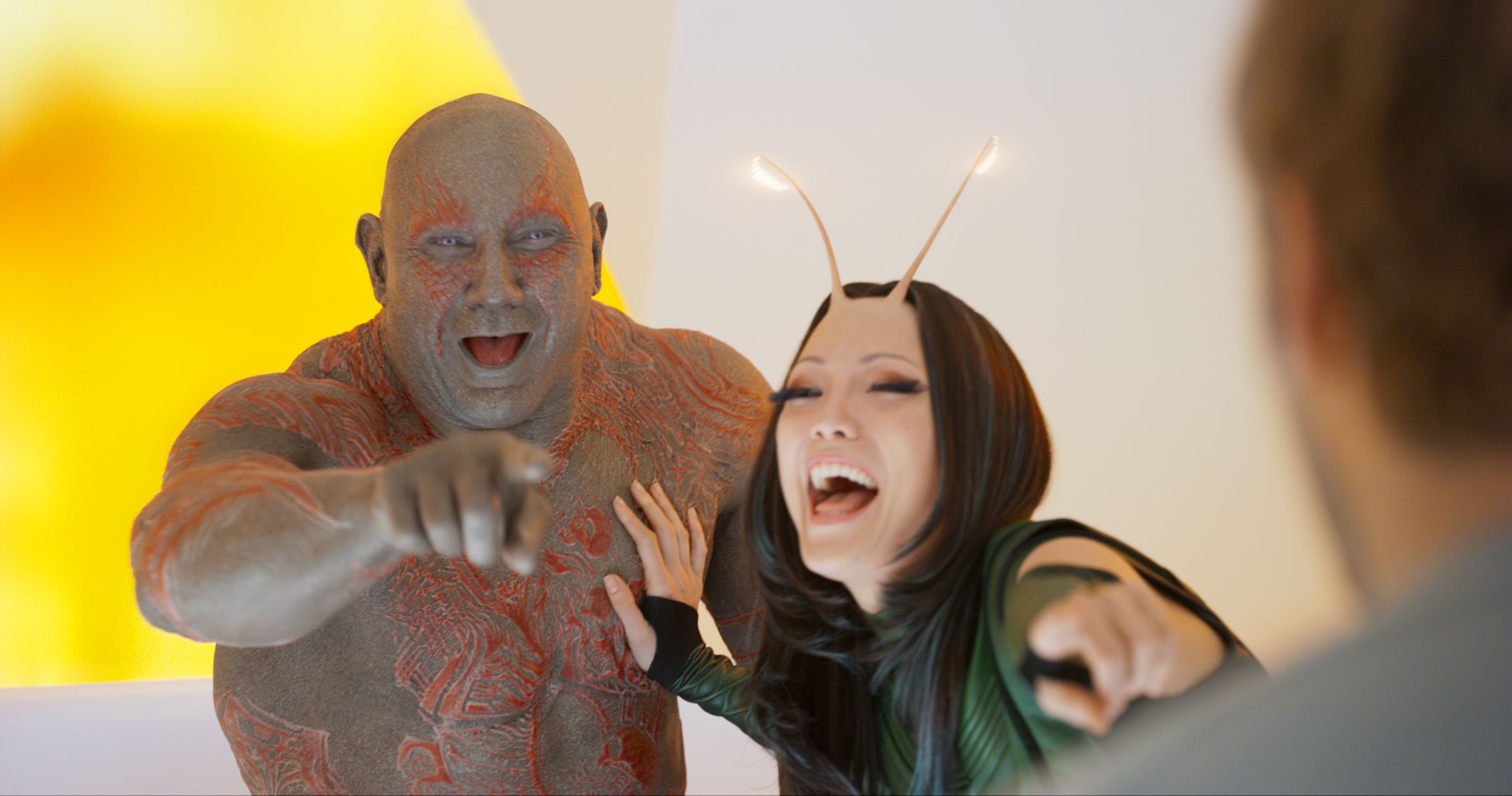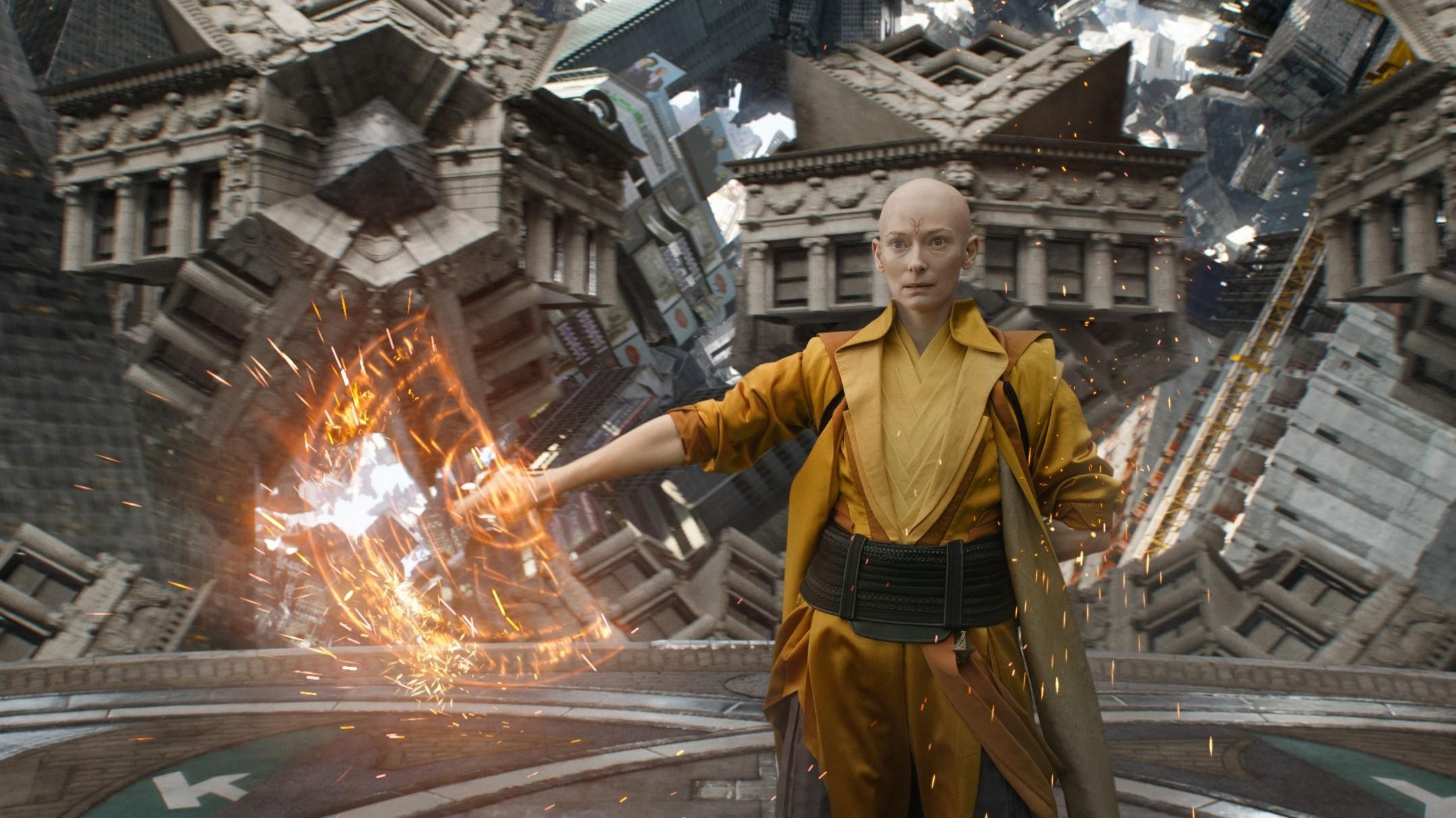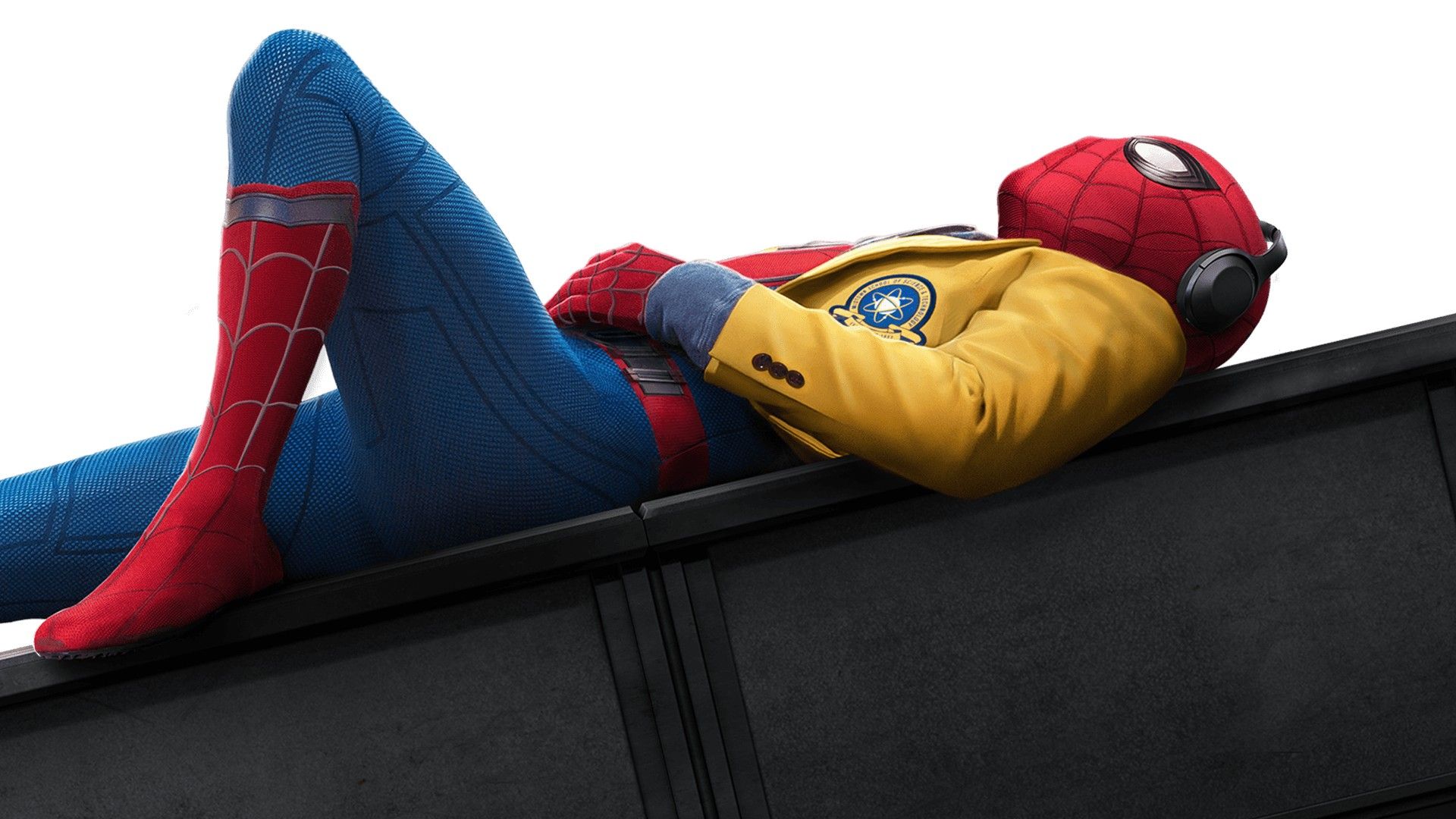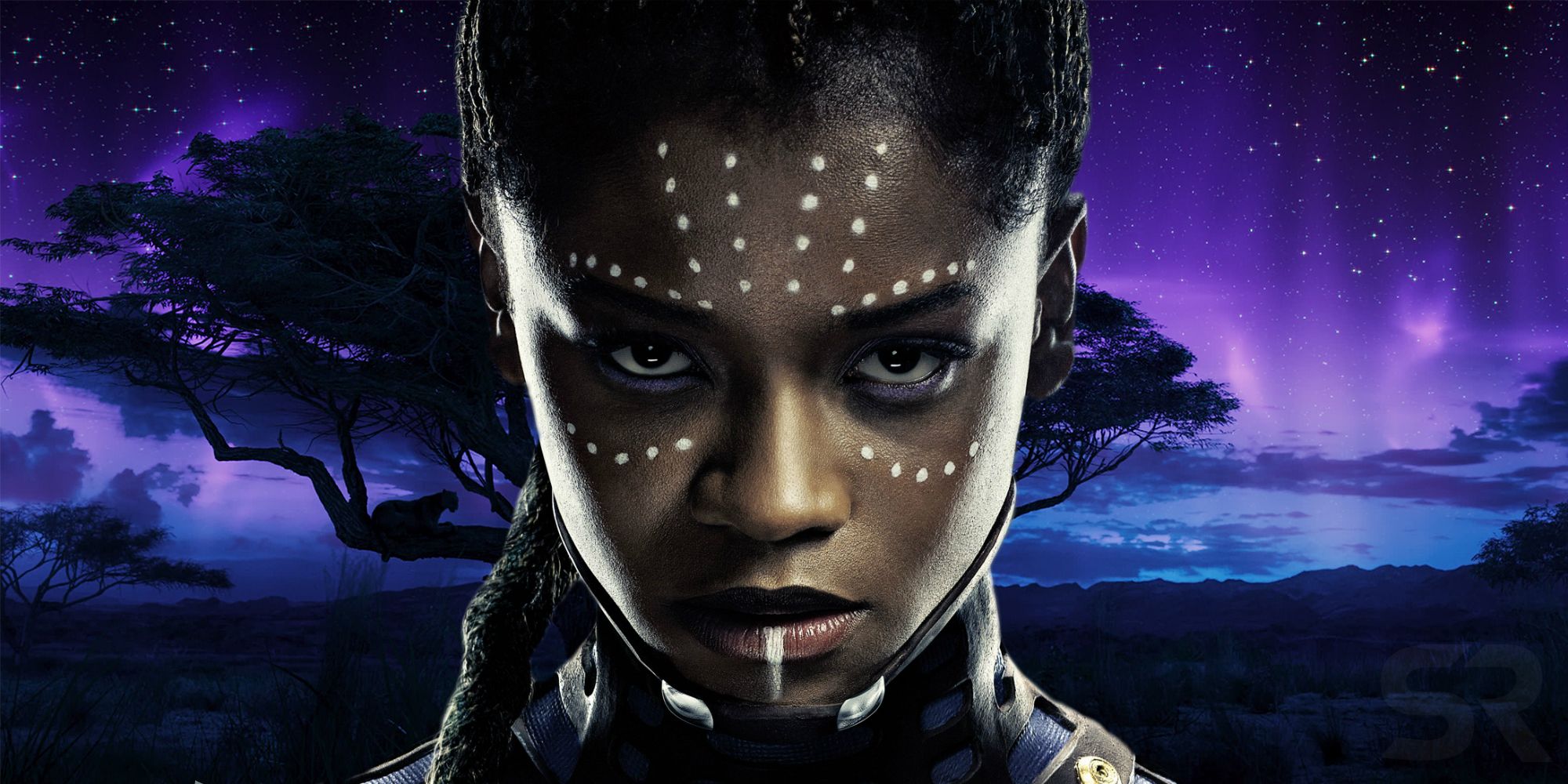In 2008, Iron Man blasted into theatres and Tony Stark won the hearts of audiences around the world. Now, 11 years and 21 movies later, Tony Stark is taking to the screens again— but a few things have changed along the way. From increased minority representation to more relatable villains, the MCU has evolved with the times, changing its formula to better reflect the shifting tastes and increasing social awareness of modern society.
But films do not just respond to cultural trends— they also have a central role in creating them. As Uncle Ben has said far too many times on the big screens, with great power comes great responsibility, and Marvel seems to take its role as a cultural influencer very seriously, helping to pave the way towards a more progressive era of filmmaking.
Here are eight ways Marvel has changed since Iron Man (for the better).
Social Commentary
When you go to a superhero movie, you probably expect to see big explosions and alien invasions— not poignant social commentary on the ills that plague modern society. But recent Marvel films have been exploring deeper themes than laser-eyes, embracing storylines that address social issues like racism, sexism and inequality. Black Panther explored the generational effects of racism in America and Captain Marvel put the female experience in the spotlight, demonstrating how differently men and women are treated on a daily basis and the ways this affects people.
Although earlier Marvel films may have offered the occasional commentary on the importance of courage and teamwork, the MCU has become increasingly progressive, exploring not just on how we can become the best versions of ourselves, but also how we can create a more just and equal society for those we share this planet with.
Better Villains
Back in the early days of the MCU, most of the villains were violent megalomaniacs intent on one of two things— power or revenge (or both). As lovely as it is to watch psychopathic super-villains wreak havoc for havoc's sake, when almost every movie features an antagonist with similar motivations, things can start to feel a bit repetitive. However, some of the more recent Marvel movies have steered away from these stereotypical villains, instead creating relatable antagonists with complex motivations for our heroes to face off against.
In Spider-Man: Homecoming, the Vulture was a family man who turned to crime because he couldn't make enough money as a member of the working class. In Black Panther, it was the trauma and racism that Killmonger experienced as a child that drove him to embrace violence as a way of life. And although Thanos is definitely a megalomaniac, he too is driven by a complex history, striving to balance the universe by preventing the same crisis that decimated his home planet. Superhero movies are defined by their villains, and recently, Marvel has been defining itself with antagonists who are as relatable and complicated as they are downright powerful.
Minority representation
For most of the past 11 years, the MCU has been as white (and as male) as the first 43 Presidents of the United States. With the exception of Black Widow, all of the main heroes were white men, and if a person of color did star in a film, they were usually confined to the sidelines as a sidekick or a source of comic relief, like Colonel Rhodes in Iron Man or Luis in Ant-Man. Female characters were either love interests, damsels in distress, or over-sexualized heroines clad in form-fitting onesies.
But in the years since these disappointing casting decisions, the MCU has been making better efforts to diversify its heroes. In Thor: Ragnarok, Tessa Thompson was cast as Valkyrie, a character who was traditionally white and blonde in the comics. And Black Panther set new standards for cinema as the first superhero movie ever with a majority black cast. Following on the heels of Black Panther was Captain Marvel, which was the first female-led film of the MCU. After Avengers: Endgame, characters like Captain Marvel, Valkyrie and Black Panther are expected to take on more central roles within the MCU— and Shang-Chi, the first Asian-led superhero film ever, will drop in theatres— ushering in a new, more inclusive generation of superheroes.
Higher Quality Writing
Although Iron Man and The Avengers were great films, it’s hard to deny that some of the early movies of the MCU featured less than stellar writing. The first two installments of the Thor franchise were underwhelming at best, and both Captain America: The First Avenger and Iron Man 2 met with mixed reviews from critics.
But ever since 2014, Marvel seems to have put greater focus on writing and it almost feels like the MCU can do no wrong. From Captain America: Civil War to Thor: Ragnarok to Black Panther, almost every addition to the MCU in the last four years has featured a compelling storyline and well-written dialogue, proving that superhero films can have more to them than fight scenes and special effects.
More Humor
Although the early Marvel films were certainly funny, they didn't use humor to the same extent as more recent films. Early MCU films may have sprinkled in a few laughs here and there, but at their core, they were still primarily action-adventure movies focused on the drama of the hero's journey.
However, from Guardians of the Galaxy Vol. 2 to Thor: Ragnarok, some of the more recent additions to the MCU have felt primarily like comedies that just so happen to star superheroes. Whether it's Drax preaching about invisibility or Spider-Man making fifteen pop culture references per minute, Marvel films have become as well known for their hilarious dialogue as their superheroes.
Fewer "cringe" moments
In the last few decades, Hollywood has undergone drastic changes. Even just ten years ago, the vast majority of films objectified women, with female characters often scantily clad and almost always tied to a romantic subplot.
The MCU has come a long way since its early days in 2008, but even Marvel isn't free of it own cringe-worthy moments. Black Widow was almost always objectified when she was first introduced to the MCU, and in one of the lowest moments of the MCU, the writers chose to whitewash the Ancient One in Doctor Strange, a character who is Tibetan in the comics. But as the years have passed, Marvel has become increasingly progressive, working towards more equality on the big screens. In Avengers: Infinity War, the only time we cringed was during that infamous Snap.
Exploring Different Genres
In the beginning, most of the Marvel films followed a similar formula, telling the story of a troubled protagonist who finds courage and saves the day. But as the MCU continued to expand, the writers started to branch out and incorporate aspects of different genres into their films. Although all of the Marvel movies fall under the comic book genre, some recent additions to the franchise have felt like more than simple superhero flicks.
Captain America: The Winter Soldier felt as much like a spy thriller as a superhero film, and Spider-Man: Homecoming echoed the nostalgia and innocence of coming-of-age films like Ferris Bueller's Day Off and The Breakfast Club (films the director told the cast to watch as "homework"). Movies like Thor: Ragnarok and Ant-Man are comedic gold, drawing as many laughs as films like The Hangover or Bridesmaids. As Marvel continues to expand, it will surely continue to explore different genres. Who knows? Someday, we might even have a superhero western.
More focus on lesser-known heroes
Before lesser-known heroes like Ant-Man, Doctor Strange and Black Panther crawled, magicked and clawed their way into theatres, the MCU focused on the big-name heroes of Marvel, bringing famous protagonists like Iron Man, Thor and Captain America to the big screens. However, as the ongoing success of the MCU became obvious, Marvel was able to shift its focus to the smalltime heroes of the comics, making characters like Jessica Jones, Valkyrie and the Wasp household names.
As Marvel continues to mine the comic books for new stories to tell, the MCU will keep broadening in scope, putting the spotlight on not just muscly men like Thor and Captain America, but also on businesswomen like Hope Van Dyne, scientists like Princess Shuri and warriors like Valkyrie. Not all of us can relate to the original six Avengers, whether because we don't look like them, or because we just don't feel like them— the world has as many awkward high schoolers and eccentric law students as brave soldiers and suave billionaires. But as the MCU continues to add different genders, races and personalities to its roster of characters more and more people, from little girls to quirky grad students, will feel represented. We all can be heroes.

